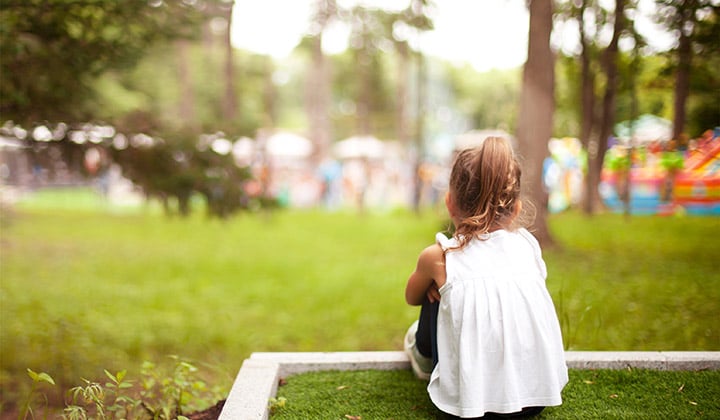
As summer rolls around, many children embark on adventures away from home, whether it’s attending sleepaway camp or staying with relatives for an extended period. While these experiences offer newfound independence and excitement, they can also trigger homesickness in even the most confident of kids. Here are some strategies for parents to support their children through summer separations.
New environments can make kids feel uncomfortable. Different food, unfamiliar rooms and the absence of everyday caregivers can feel scary. To prepare for these changes, parents can take proactive steps to ease their child’s transition.
When is the right age?
There may not be a “right” age to sign your child up for a sleepaway camp or extended stay at a family member’s house. An older child may feel anxious, while a younger child may be more comfortable being away from home. So, it’s best to go at the right pace for your family and the child.
You can try day camps, short sleep-away camps for a single night, or a short weekend away to help your child gain confidence. Another option is to volunteer as a parent counselor at the camp so you can still be near.
How to prepare?
Just like adults, kids also like to know what to expect. You can talk about what will happen at the camp or house they’re visiting. If they’re going to camp, explain what activities they’ll be doing, what the cabins or showers will be like and how they might be different than at home. If they’re visiting a family member, you can even show them pictures of the house or room they’ll be sleeping in, so they feel familiar before the visit.
You can encourage your child to bring comforting items, such as a favorite blanket or photographs; these can provide a sense of security during their time away. When packing, make sure you are helping them, rather than doing it all for them. This will help develop that sense of ownership, independence and confidence.
Clear communication guidelines can help children feel connected to home while they’re away. Parents should discuss expectations for phone calls or letters in advance, establishing a routine provides comfort and predictability. It’s important to respect any communication rules set by the camp or host family, as these guidelines contribute to the overall experience.
What to model?
Parents play a crucial role in modeling resilience and positivity during separations. Children often mirror their parents’ reactions, so staying calm and positive, especially during drop-off, can reassure them. A brief and warm goodbye signals confidence in your child’s ability to navigate their new environment. Prolonged goodbyes, on the other hand, can heighten anxiety. Remember that fostering independence and autonomy in your child is a valuable life lesson.
While separations may be challenging, they offer valuable opportunities for children to develop independence and resilience. These experiences allow kids to explore new environments, make new friends and ultimately, grow into confident individuals. For parents, it’s a chance to recharge and rejuvenate, knowing their child is in capable hands.
By implementing these strategies, parents can help their children embrace summer separations with confidence and resilience, laying the foundation for a summer filled with growth and new experiences.

